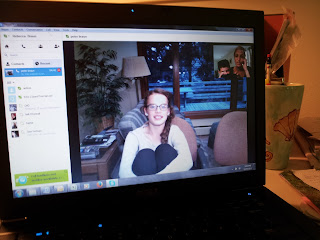Breasts, real and otherwise

Waiting two weeks to update the blog is a bad idea! There is now too much to write, so I plan to break it down into a series of theme-based posts. I may also need to institute a regular publication day: the ultimate inspiration is the deadline. Today’s topic is breasts: real, fake, cancerous, cadaverous and gone. I’ve been ruminating on what to do with the space left by my soon-to-be-missing right breast. In June when I went back east for a consultation, I was told I would foreclose the possibility of reconstruction if I did not get a tissue expander [i] at the time of my mastectomy. After radiation—which begins about a month after surgery and consists of six-and-a-half weeks of daily zaps with some kind of atomic energy to the affected area—the skin will be too taut too stretch. So I was told. I said I really didn’t know yet about reconstruction; I am constitutionally inclined toward less medical intervention and my breasts are pretty small anyway. “But you’
